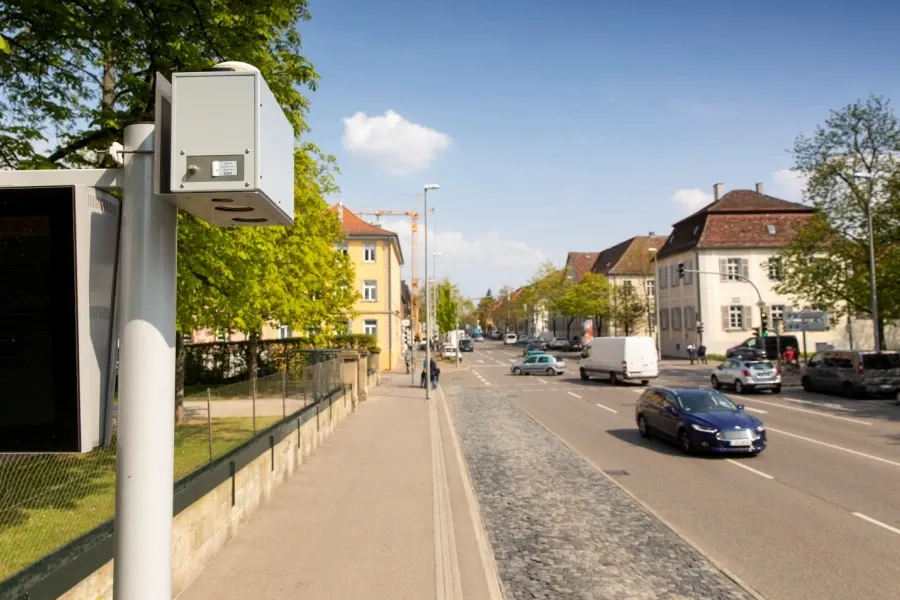Siemens Unveiled New Automotive Digital Twin Software
Siemens announced its new software solution that should ease digital twin set-ups for the automotive industry.

Across the globe, major cities therefore face a major challenge: providing mobility for people and goods while also improving the quality of the air we breathe.
This is no easy task: according to the World Health Organization (WHO), around 90 percent of the world’s population now live in areas where air quality is poor. The Organization for Economic Cooperation and Development (OECD) estimates that the economic impact of air pollution is around 5 trillion dollars worldwide. Rising healthcare costs account for the lion’s share of this sum.
“Clean air concerns us all,“ said Volkmar Denner, the chairman of the board of management of Bosch. “At Bosch, we recognize not only our global responsibility for climate action but also our local responsibility for combating air pollution. And to meet that, we need more technology, not less. With technology that is ‘Invented for life,’ we can help cities and make the world a better place.“
Bosch is therefore working both beneath and beyond the engine hood in order to make mobility as emissions-free as possible. Moreover, as an employer, the company is also taking on responsibility for improving air quality around the globe.
To gain a better understanding and collect more data on air pollutants at various locations in urban areas, Bosch has developed a system for measuring pollution. Installed in a compact housing, this technology is currently being trialed in the Stuttgart, Paris, and Marseille. Its purpose is to deliver reliable data on air quality, which can then be used, for example, to map air quality in real time across a city as a basis for more efficient traffic management.
Bosch is using its know-how and considerable financial resources to make cars fit for the future. This involves a two-pronged strategy: advancing the development of electromobility and achieving further refinements to the internal-combustion engine. The aim is to design an internal-combustion engine that no longer makes any appreciable contribution to air pollution in cities.
“We’re focusing on the big picture here,“ Denner says, “and looking at long-term mobility trends, particularly in urban areas.“ Bosch is now in talks with over 100 municipalities and regions across Europe. The aim is to improve air quality. On the basis of the acceleration and braking patterns of single vehicles, Bosch can reliably extrapolate to the behavior of the total fleet of vehicles on the road and thus to the total current emissions.
The company is now collecting anonymous data in Stuttgart and neighboring municipalities in order to determine how traffic must change to reduce emissions. It is on this basis that Bosch is advising cities on traffic planning and traffic management.